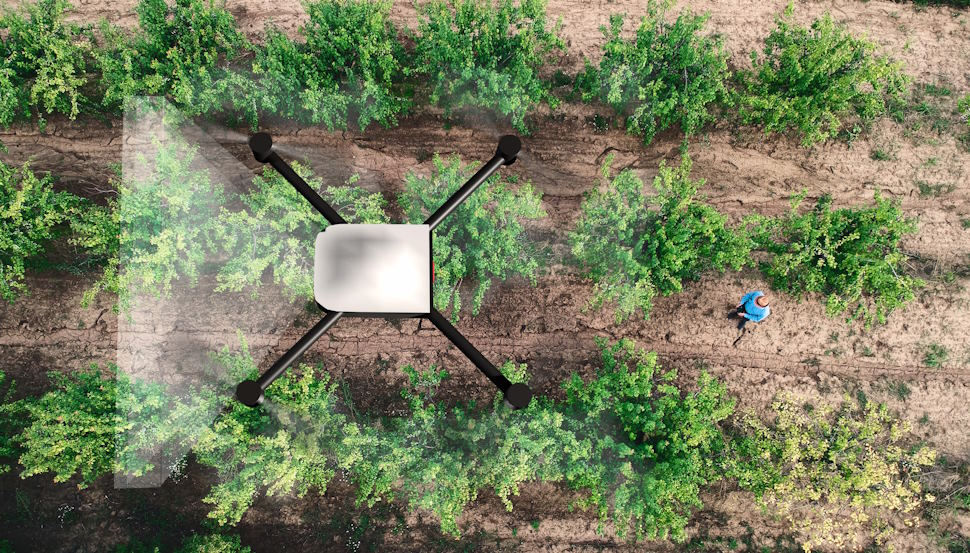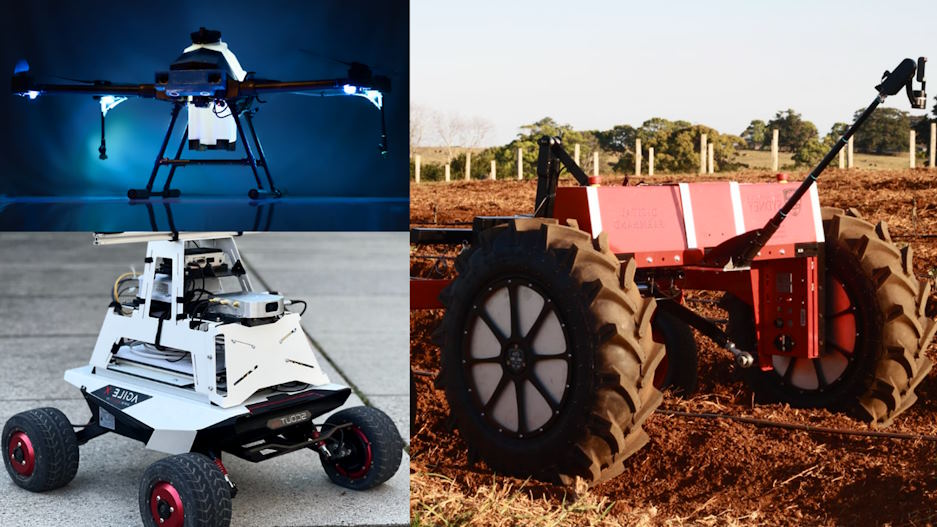Innovative Technologies for Soil Analysis in Africa

Innovative technologies for soil analysis are playing a crucial role in transforming agriculture in Africa. From mobile soil testing kits and spectroscopy-based sensors to IoT, remote sensing, and AI, these technologies provide farmers with the tools and information they need to improve soil health and agricultural productivity. As these soil testing technologies for sustainable agriculture in Africa continue to evolve and become more accessible, they hold the potential to significantly enhance food security, sustainability, and economic development across the continent. By embracing these innovations, African farmers can better understand and manage their soil resources.
Mobile Soil Testing Kits
Mobile soil testing kits are revolutionising soil analysis by providing farmers with quick, on-the-spot insights into their soil’s health. These kits typically include portable tools and reagents to measure key soil parameters such as pH, nutrient levels, and organic matter content. Easy to use and cost-effective, mobile soil testing kits empower farmers to conduct regular soil tests without specialised equipment or extensive training. Companies like SoilCares and Agro offer mobile kits that are increasingly popular among African smallholder farmers.

Spectroscopy-Based Soil Sensors
Spectroscopy-based soil sensors use light to analyse soil properties. By shining light on a soil sample and measuring the reflected wavelengths, these sensors can determine soil composition, including nutrient levels and organic matter. This non-destructive method is fast, accurate, and capable of analysing multiple soil parameters simultaneously. Portable spectrometers are advanced soil analysis solutions for farmers in Africa, providing them with detailed soil health data in real time.
Internet of Things (IoT) and Smart Sensors
IoT technology and smart sensors are bringing precision agriculture to African farms. The gathered data is sent to a central system to be evaluated and used to generate recommendations and insights in real time. For instance, soil moisture sensors help farmers optimise irrigation schedules, reducing water waste and improving crop yields. Companies offer IoT-based soil sensors tailored for African farming conditions.
Laboratory-Based Soil Analysis with Advanced Techniques
While portable and in-field technologies are gaining popularity, traditional laboratory-based soil analysis remains essential for detailed and comprehensive soil health assessments. Advanced techniques such as mass spectrometry, X-ray fluorescence, and chromatography provide precise measurements of soil nutrients, contaminants, and organic matter. Several labs are adopting these advanced methods to support farmers and researchers. The Alliance for a Green Revolution in Africa (AGRA) and other organisations are working to improve access to high-quality soil testing services.

Remote Sensing and Geographic Information Systems
GIS integrates this spatial data with other information layers, such as soil maps and weather data, to provide comprehensive insights into soil health and land use patterns. Remote sensing and GIS technologies are cutting-edge soil analysis tools for African farmers for large-scale soil analysis. In Africa, organisations use remote sensing and GIS to create detailed soil maps, helping farmers and policymakers make data-driven decisions.
Digital Soil Mapping
To produce high-resolution soil maps, digital soil mapping integrates data sources, such as field surveys, remote sensing, and historical soil data. These maps provide detailed information on soil properties and variability across different regions. Digital soil maps are valuable for planning agricultural interventions, managing soil resources, and conducting research. Projects like the Africa Soil Information Service (AfSIS) and the GlobalSoilMap initiative are advancing digital soil mapping efforts in Africa.
